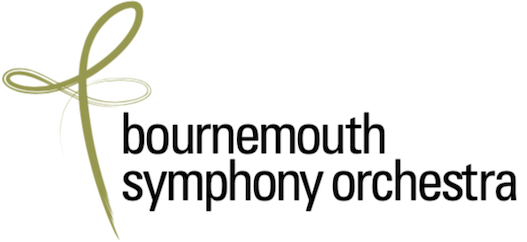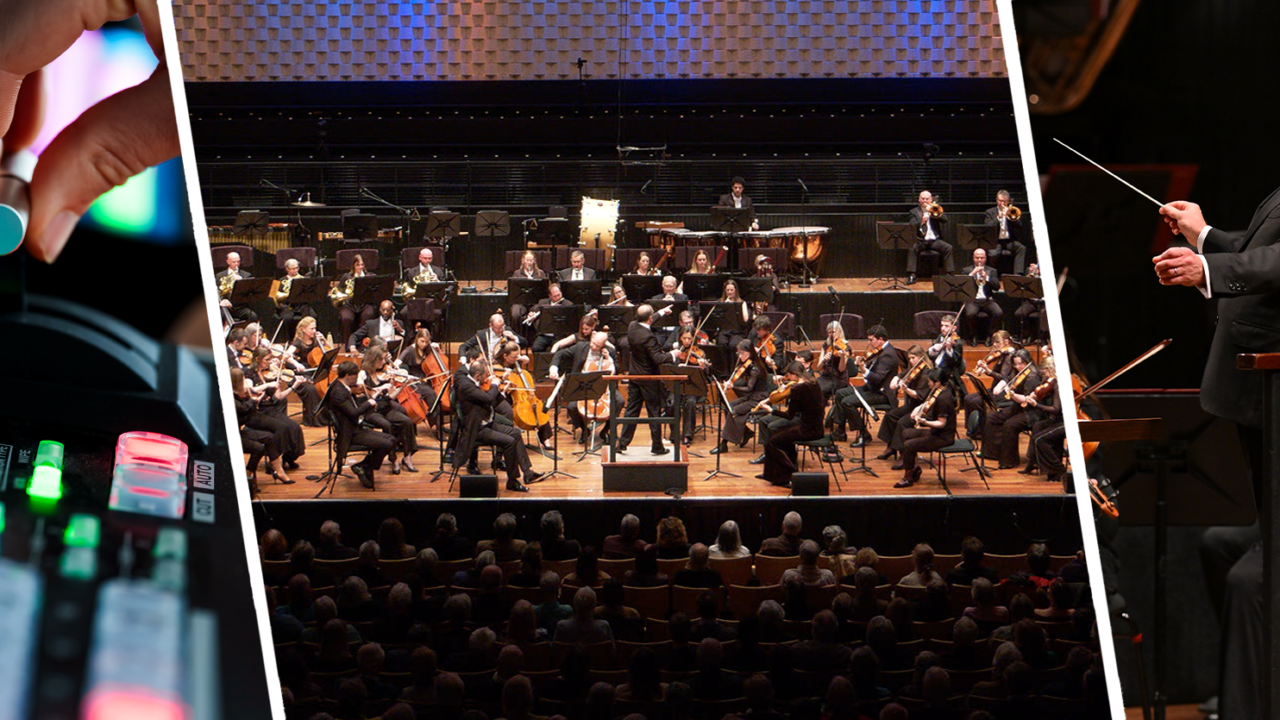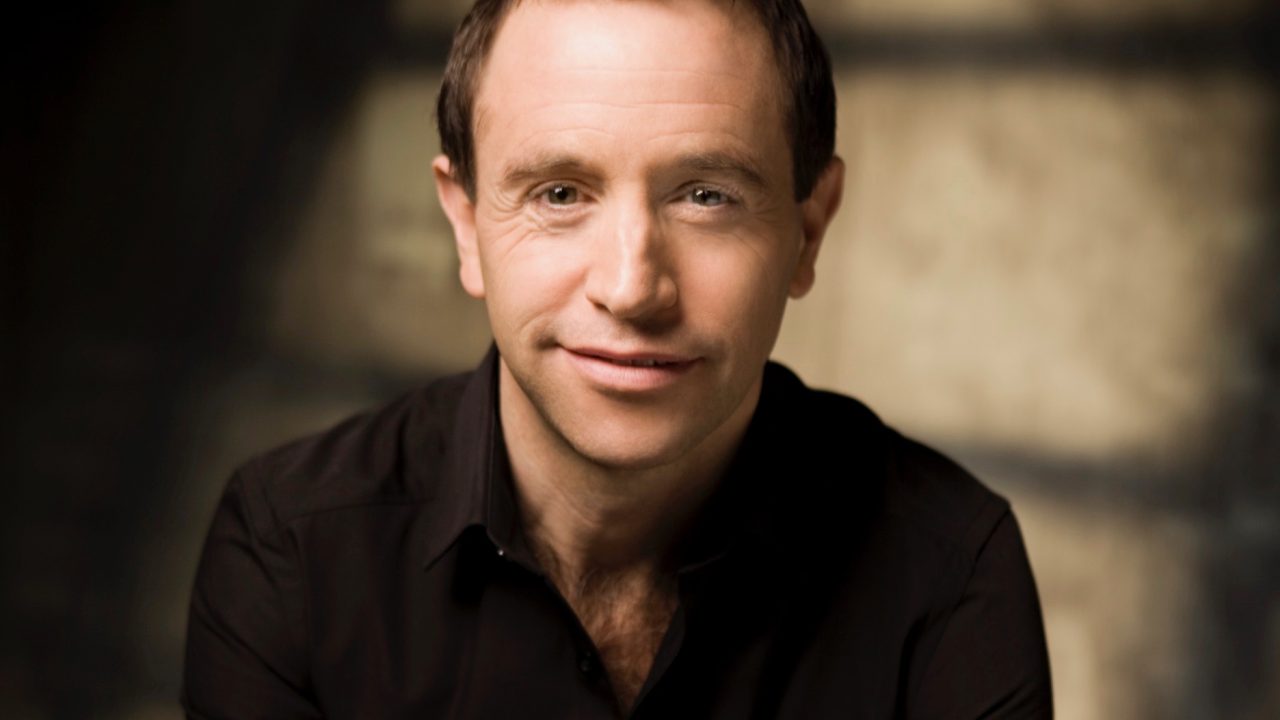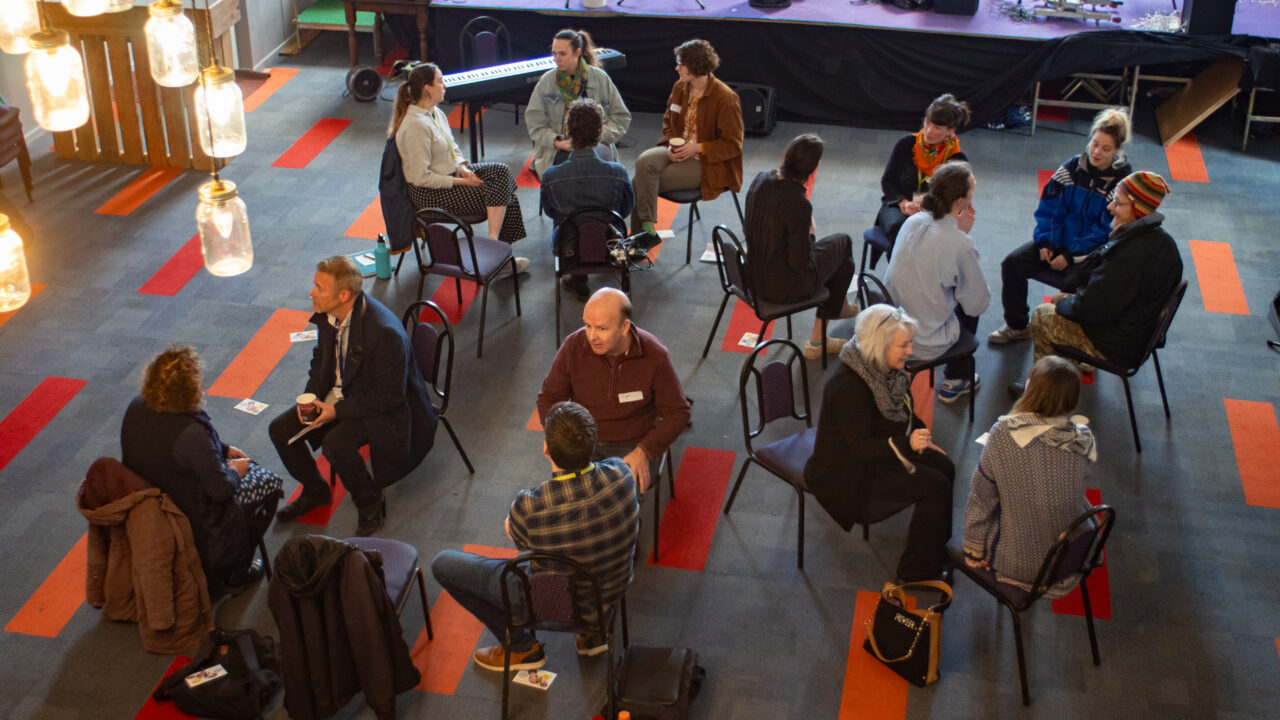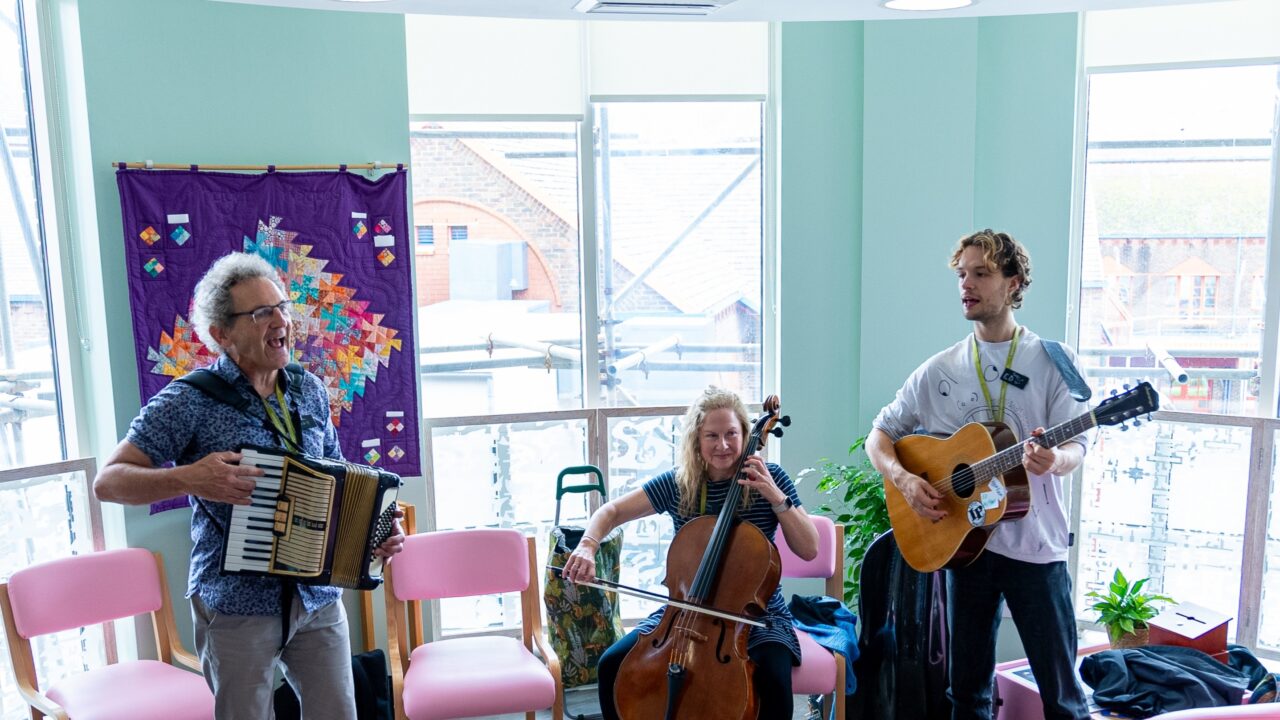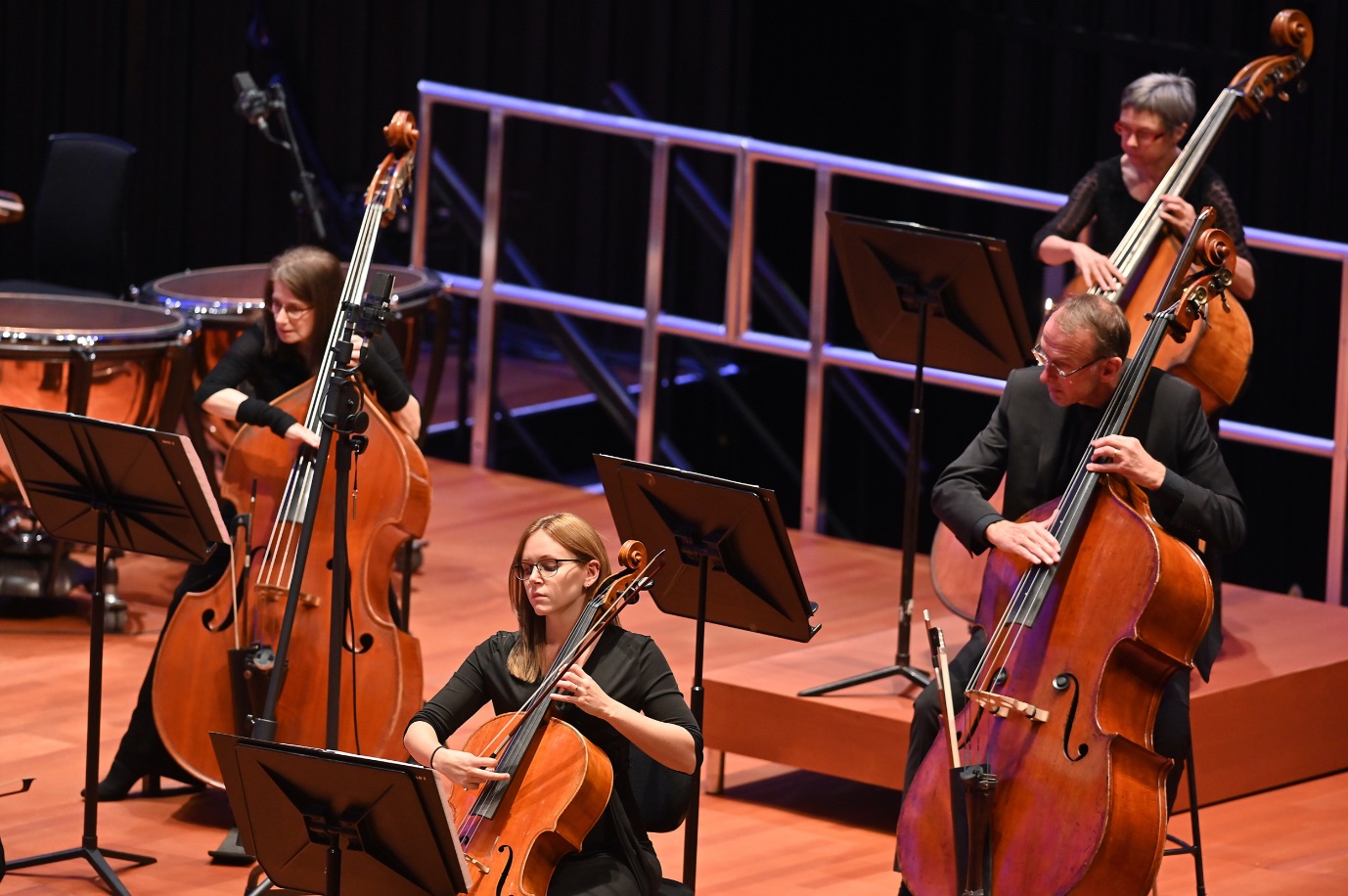There is always a frisson of excitement when Stephen Hough is in the concert hall. To hear him in Brahms’ majestic Second Piano concerto with the BSO was a glorious experience – a true escape from the craziness of the world, a beautiful moment of almost-normal. Mr Hough sweeps the listener away with him, and who better as co-pilot on the journey than conductor Mark Wigglesworth, with whom Hough has quite recently made a highly-regarded recording of this concerto.
Though full of fantastic difficulties, the solo part of the music is much more than a showpiece and feels integrated into a closely-unified story. All the players seemed to overcome their physically-distanced spacing on the extended platform to work together with a particularly warm feeling of connection. Countless moments from all round the orchestra contributed to the poetry as well as the drama of the performance. Alex Wide’s opening horn call set the tone, and Jesper Svedberg’s moving cello solo in the Andante seemed to float us away to a far better place.
The concluding movement of the concerto found Mr Hough in incomparable form as we moved from a mood of jollity to a feeling of triumphant victory – just what everyone needs as the Covid-constricted winter begins to tighten its grip.
The opening work in this concert had been Haydn’s Symphony No 99. The clean sound of the orchestra was full of twinkling, lively charm. The witty counterpoint provided a sense of fun, while the darker moments added contrast without dampening the mood.
Mr Wigglesworth wrote recently: “Live music is a celebration of listening, and a celebration of togetherness.”
The Lighthouse audience remains very lucky indeed to be able to enjoy these performances, whether in person or on-line, courtesy of the BSO and its friends. We remain in debt to them all, to their enterprise and their imagination, for putting on these highly valued concerts.
Thank you, Tom!
Watch the concert highlights below!
We were also pleased to receive this review from the National Press:
Bachtrack (22 Oct) ‘There was a real sense of conversation between Hough and the BSO players, particularly the winds, and Hough’s lightness of touch gave Brahms’ melodies a great spring in the step.’
